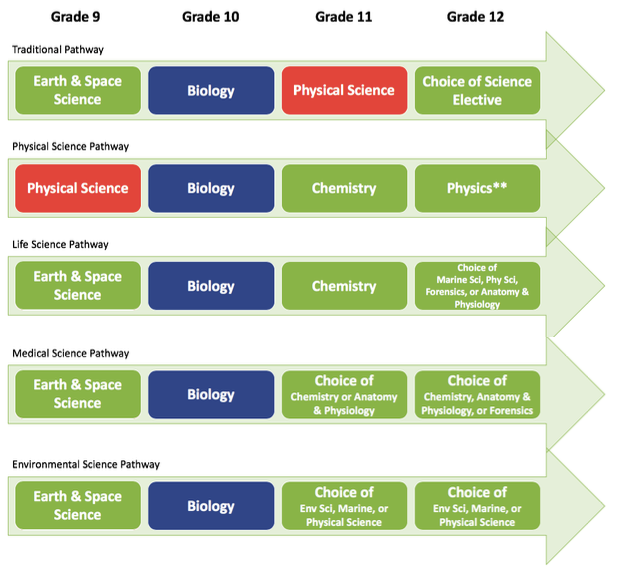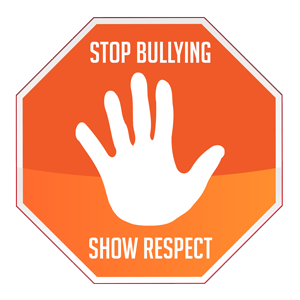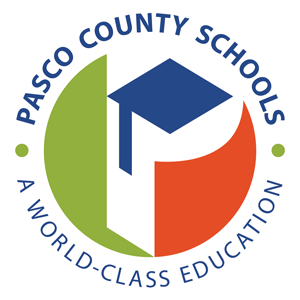Biology 1 (#2000310)
3 Credits Science • One of which must be Biology 1, two of which must be equally rigorous science courses • Two of the three required course credits must have a laboratory component • Industry Certifications that lead to college credit may substitute for up to one science credit (except for Biology 1) • An identified computer science** course may substitute for up to one science credit (except for Biology 1)
State Biology End of Course Exam. Not required to pass for graduation. Accounts for 30% of Final Grade calculation.
Participation in a grade 9 non-honors science course (Physical Science, Earth & Space Science)
Grade 9 non-honors science course (Physical Science, Earth & Space Science)
Anatomy & Physiology, Chemistry, Earth & Space Science, Environmental Science, Forensic Science, Marine Science, Physics, or Any Equally Rigorous Science Elective
Academic Pathways for Science
Traditional Science Electives:
Anatomy & Physiology, Chemistry, Environmental Science, Forensic Science, Marine Science, Physics, Physical Science
Access the Instructional Materials page to see approved instructional resources for this course.
Study life sciences from the simplest to the most complex organism. Study the basics of life, genetics, microbiology, plant science, animal science, evolution, taxonomy and ecology through lecture, discussion, experimentation and technology.
Laboratory investigations that include the use of scientific inquiry, research, measurement, problem solving, laboratory apparatus and technologies, experimental procedures, and safety procedures are an integral part of this course. The National Science Teachers Association (NSTA) recommends that at the high school level, all students should be in the science lab or field, collecting data every week. School laboratory investigations (labs) are defined by the National Research Council (NRC) as an experience in the laboratory, classroom, or the field that provides students with opportunities to interact directly with natural phenomena or with data collected by others using tools, materials, data collection techniques, and models (NRC, 2006, p. 3). Laboratory investigations in the high school classroom should help all students develop a growing understanding of the complexity and ambiguity of empirical work, as well as the skills to calibrate and troubleshoot equipment used to make observations. Learners should understand measurement error; and have the skills to aggregate, interpret, and present the resulting data (National Research Council, 2006, p.77; NSTA, 2007).








